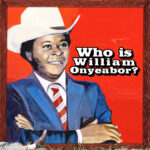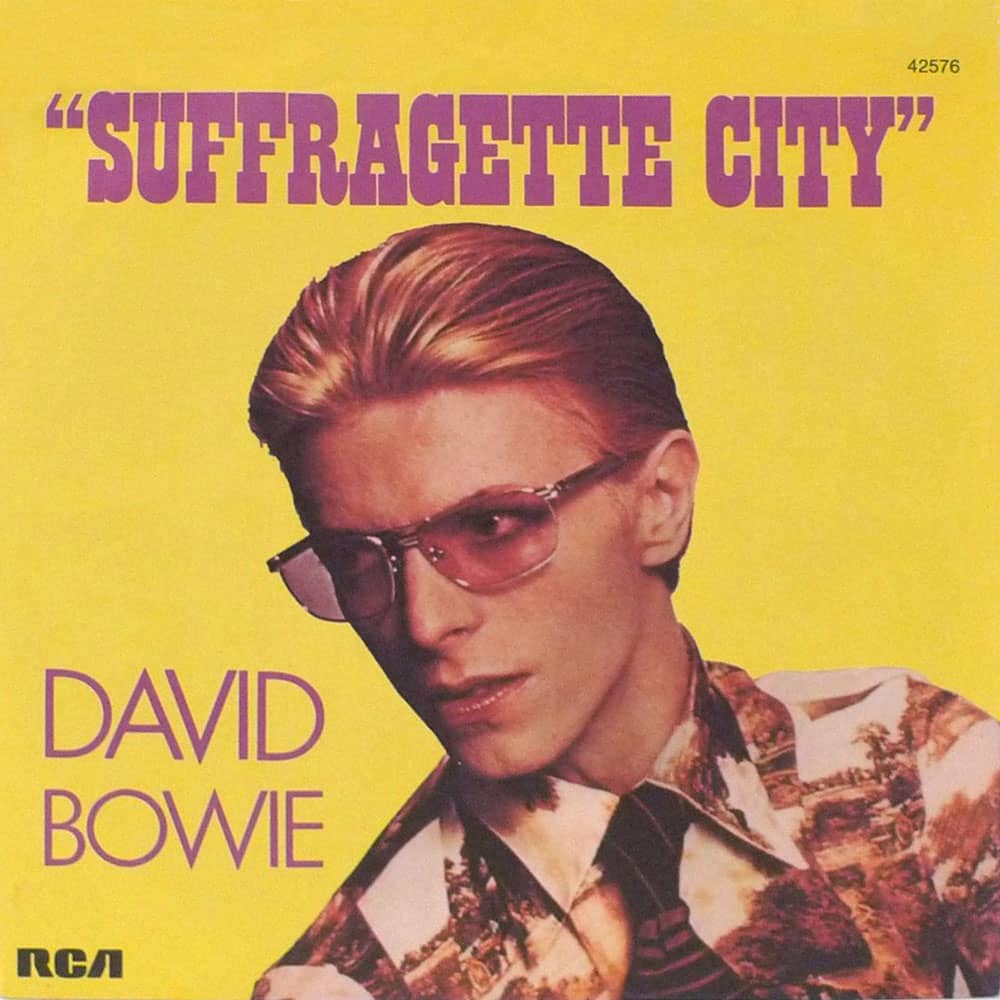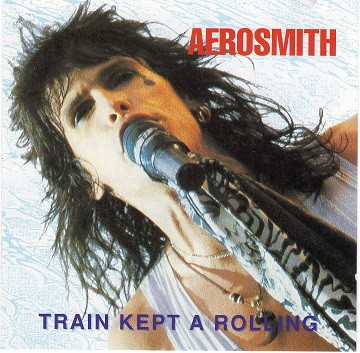 William Onyeabor’s “Fantastic Man” stands as one of the most fascinating, infectious, and enduring artifacts in the history of African electronic music. Released in the late 1970s, the song exists as both a shimmering dance-floor jam and a sly piece of cultural commentary, marrying Nigerian highlife rhythms with synthesizer-driven funk and a distinctly modern sense of cool. It is a track that defies simple categorization, existing somewhere between disco, funk, Afrobeat, and proto-electronic pop, yet it remains unmistakably its own thing—a reflection of its enigmatic creator’s singular vision. To fully appreciate “Fantastic Man,” one must first understand the remarkable story of William Onyeabor himself, a man who became a cult figure in global music circles despite spending much of his career shrouded in mystery. Born in Nigeria in 1946, Onyeabor was an entrepreneur, producer, and composer who built his own studio and label at a time when few African musicians had such independence. He studied film production in Europe, returned to Nigeria, and began creating music that sounded like nothing else in the region. While contemporaries like Fela Kuti were building expansive Afrobeat ensembles, Onyeabor focused on synthesizers, drum machines, and hypnotic grooves. His music was self-released on his own Wilfilms label, giving him complete creative control and allowing him to experiment with textures and rhythms that most African studios of the era couldn’t replicate. “Fantastic Man,” first released on the 1979 album Body & Soul, represents one of the crowning achievements of this period.
William Onyeabor’s “Fantastic Man” stands as one of the most fascinating, infectious, and enduring artifacts in the history of African electronic music. Released in the late 1970s, the song exists as both a shimmering dance-floor jam and a sly piece of cultural commentary, marrying Nigerian highlife rhythms with synthesizer-driven funk and a distinctly modern sense of cool. It is a track that defies simple categorization, existing somewhere between disco, funk, Afrobeat, and proto-electronic pop, yet it remains unmistakably its own thing—a reflection of its enigmatic creator’s singular vision. To fully appreciate “Fantastic Man,” one must first understand the remarkable story of William Onyeabor himself, a man who became a cult figure in global music circles despite spending much of his career shrouded in mystery. Born in Nigeria in 1946, Onyeabor was an entrepreneur, producer, and composer who built his own studio and label at a time when few African musicians had such independence. He studied film production in Europe, returned to Nigeria, and began creating music that sounded like nothing else in the region. While contemporaries like Fela Kuti were building expansive Afrobeat ensembles, Onyeabor focused on synthesizers, drum machines, and hypnotic grooves. His music was self-released on his own Wilfilms label, giving him complete creative control and allowing him to experiment with textures and rhythms that most African studios of the era couldn’t replicate. “Fantastic Man,” first released on the 1979 album Body & Soul, represents one of the crowning achievements of this period.
The track begins with a sly, slippery bass line and a crisp, insistent drum machine pattern that immediately sets it apart from the more organic polyrhythms common in Nigerian popular music of the time. Over this foundation, Onyeabor layers bright, almost playful keyboard melodies and bursts of funky guitar, creating a sound that feels both mechanical and warmly human. The groove is irresistible—steady enough to keep dancers locked in, but full of subtle syncopations that give it a sense of forward motion. When Onyeabor’s voice enters, cool and understated, he delivers a series of lines that are both simple and endlessly quotable: “You are such a fantastic man.” On paper, the lyrics might seem almost absurd in their repetition, but in performance they become a kind of mantra, an affirmation disguised as a party chant. The way he lingers on the word “fantastic,” stretching it across the beat, makes the compliment feel both sincere and teasing, as though he’s in on a joke that only the groove can explain.
Part of the brilliance of “Fantastic Man” lies in this tension between the earnest and the ironic. Onyeabor was known for his enigmatic personality, and the song’s lyrics have been interpreted in multiple ways. Some listeners hear it as a straightforward celebration of masculine charisma, a funky ode to the stylish men who populated Nigeria’s growing urban centers during the oil boom of the 1970s. Others detect a subtle satire, a sly wink at the vanity and bravado of the nightclub scene. The repetition of the phrase “fantastic man” could be read as playful mockery, reducing the object of admiration to a single overused adjective. Either way, the song captures the atmosphere of Lagos nightlife in the late 1970s, when Western disco trends collided with African rhythms to create something uniquely vibrant.
Musically, “Fantastic Man” is a masterclass in minimalism. Unlike the dense arrangements of Afrobeat or the complex harmonic progressions of American funk, Onyeabor builds the track around a few key elements—a driving bass line, steady percussion, bubbling synthesizer lines, and call-and-response vocal patterns. Each element is meticulously placed, creating a hypnotic effect that rewards close listening even as it invites nonstop dancing. The synth tones, in particular, were groundbreaking for African pop at the time. Onyeabor reportedly imported expensive analog synthesizers from Europe and the United States, and he used them not just for melodic lines but also for rhythmic accents, creating a texture that foreshadowed the rise of electronic dance music decades later. Today, producers cite “Fantastic Man” as an early example of Afro-electronic fusion, a track that anticipated house and techno while remaining firmly rooted in African groove traditions.
The story of how “Fantastic Man” found a global audience is almost as remarkable as the song itself. After releasing a string of albums in the late 1970s and early 1980s, Onyeabor abruptly stopped making music and retreated from public life. He reportedly became a successful businessman and a born-again Christian, refusing interviews and declining to revisit his musical past. For years, his records were rare treasures, traded among collectors and DJs who recognized their brilliance. It wasn’t until the early 2010s, when the Luaka Bop label released the compilation Who Is William Onyeabor?, that a wider international audience discovered his work. “Fantastic Man” quickly emerged as the standout track from the compilation, finding its way into DJ sets, playlists, and film soundtracks. The song’s infectious groove proved timeless, resonating with listeners who had never heard of Onyeabor or the Nigerian electronic scene of the 1970s.
What makes “Fantastic Man” endure across generations is not just its historical importance but its sheer, unrelenting joy. The song feels like a celebration of life itself, a reminder that the simple pleasures—a great beat, a catchy melody, a playful compliment—are sometimes the most profound. It is music that refuses to age. Played on a modern dance floor, it sounds as fresh as any contemporary electronic track, yet it carries the analog warmth and hand-played looseness that many digital productions lack. DJs from Damon Albarn to Four Tet have championed the song, often using it as a bridge between Afrobeat sets and electronic club music, proof of its ability to unite disparate audiences under a single groove.
At the same time, “Fantastic Man” offers a window into the complexity of William Onyeabor’s artistry. Here was a man who embraced cutting-edge technology but remained fiercely independent, who created joyous dance music while keeping his personal life almost entirely private. The lyrics, while lighthearted, hint at deeper questions about identity and performance. Who is the “fantastic man”? Is it the listener, invited to bask in the song’s flattery? Is it Onyeabor himself, quietly reveling in his own creative brilliance? Or is it an archetype, a symbol of the aspirational urban Nigerian of the late twentieth century? The ambiguity is part of the song’s charm. Onyeabor never explained, and perhaps that is the point. Like the best dance music, “Fantastic Man” doesn’t require explanation; it invites movement, laughter, and a shared sense of wonder.
Listening today, one can hear echoes of “Fantastic Man” in a wide range of contemporary genres. Its steady four-on-the-floor pulse and prominent synthesizers prefigure modern house music. Its call-and-response vocals and percussive guitar flourishes nod to Afrobeat and highlife traditions. Its playful repetition and minimal structure anticipate the stripped-down funk of artists like LCD Soundsystem or Talking Heads, bands that would rise to prominence years after Onyeabor had already perfected the formula. That such a track emerged from Nigeria in the 1970s, produced by a self-taught musician in a self-built studio, speaks to the boundless creativity of African artists during a period of intense cultural exchange.
The cultural context of Nigeria in the late 1970s also adds richness to the song’s legacy. The country was experiencing an oil boom that brought newfound wealth but also social upheaval. Urban centers like Lagos were vibrant but chaotic, full of nightclubs, fashion, and a growing youth culture eager to embrace global trends while maintaining local identity. In this environment, “Fantastic Man” operated both as a soundtrack and a subtle commentary. Its sleek, futuristic sound mirrored the aspirations of a generation looking outward, while its playful lyrics celebrated the charisma and style of those navigating a rapidly changing society.
As with much of Onyeabor’s work, there is also a spiritual dimension to consider. Though he later embraced Christianity and turned away from secular music, his earlier songs often contained moral or philosophical undertones. “Fantastic Man,” while ostensibly a party track, carries an undercurrent of affirmation. To call someone a fantastic man is to recognize their inherent worth, to offer a blessing of sorts. In a world where political instability and economic uncertainty loomed, such affirmations took on added weight. The song becomes not just a dance-floor filler but a statement of optimism, a sonic embodiment of confidence and possibility.
In live settings, though Onyeabor himself rarely performed, the song has taken on new life through the efforts of musicians who have sought to honor his legacy. After the Luaka Bop compilation brought his music back into circulation, the label organized a series of tribute concerts featuring the supergroup Atomic Bomb! Band, which included members of LCD Soundsystem, Hot Chip, and Antibalas. Their performances of “Fantastic Man” introduced the song to festival audiences around the world, proving its universal appeal and cementing Onyeabor’s place in the pantheon of global music innovators.
Ultimately, “Fantastic Man” remains a perfect encapsulation of William Onyeabor’s genius: a track that is at once simple and complex, playful and profound, rooted in African rhythm yet cosmopolitan in its outlook. It captures a moment in time while sounding utterly timeless, a testament to the power of music to transcend geography and era. Whether heard on scratchy vinyl in a Lagos nightclub in 1979 or streaming on a smartphone at a Brooklyn rooftop party in 2025, it carries the same irresistible energy. The groove beckons, the synths sparkle, and that sly voice reminds you, over and over, that you are—if only for the length of the song—a fantastic man.


